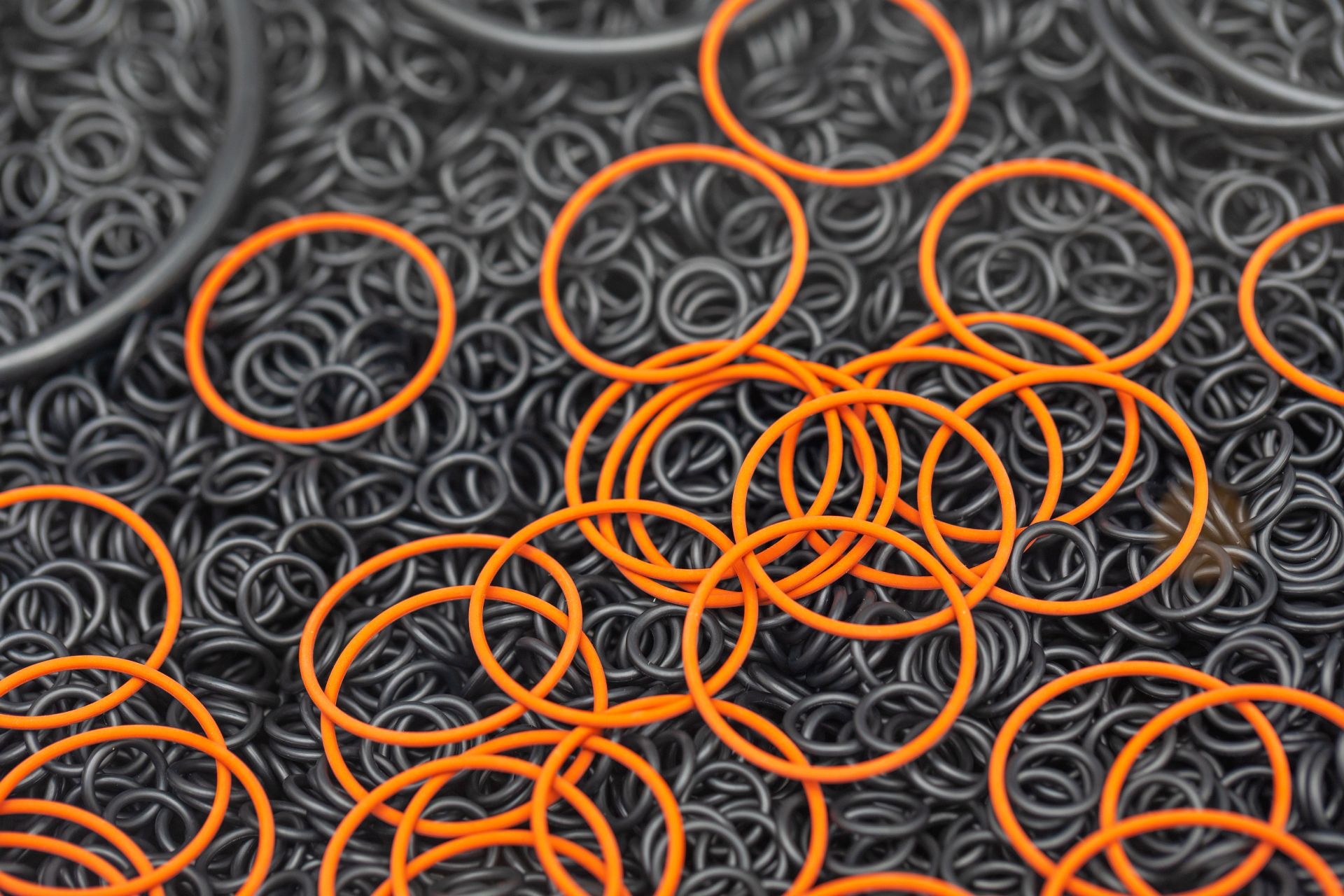
Brodie Generational Capital Partners, LLC Announces Acquisition of Sur-Seal, LLC, a Leading Advanced Materials Converting Platform. Radnor, PA and Charlotte,...

In manufacturing, success often depends on what goes unseen. The humble gasket—pressed between metal, plastic or composite components—keeps systems sealed, quiet and reliable. Yet even within this small component, one choice can determine how well a product performs: whether to use solid rubber or foam.
Both materials have earned their place in industries such as automotive, aerospace, HVAC and electronics. However, the right gasket depends on more than just a good fit—it’s about function, environment and longevity. Knowing which material to choose can prevent leaks, extend equipment life and reduce costly downtime.
Gaskets form a critical barrier between parts, preventing the leakage of air, water, oil or chemicals. They also absorb vibration and protect sensitive components from dust and debris. But not all gaskets perform equally under pressure.
Factors such as temperature, chemical exposure, compression rate and surface irregularity all influence how a gasket behaves over time. That’s why choosing the right material, foam or solid rubber, can make the difference between dependable performance and premature failure.
At Sur-Seal, engineers can work directly with our team to select the right compound for their needs by exploring our range of custom rubber seal gaskets and precision-converted materials.
Solid rubber gaskets are dense, durable and built for strength. They maintain their shape under high compression and resist tearing, making them ideal for heavy-duty applications that demand consistent sealing under pressure.
They’re often used in automotive engines, aerospace assemblies and industrial equipment—environments where exposure to oil, fuel or extreme heat is common. Solid rubber types, such as EPDM, silicone and neoprene, can also withstand weathering, UV exposure and high temperatures.
Our rubber gasket solutions provide tested materials that meet these demanding performance standards, allowing teams across various industries to design the durable sealing systems they need.
Foam gaskets, on the other hand, bring flexibility to the forefront. Unlike solid rubber, foam contains tiny air pockets that make it lightweight, compressible and able to conform to irregular surfaces.
That cushioning quality allows foam to seal even when components aren’t perfectly aligned, making it a favorite in HVAC, electronics and packaging applications where vibration damping, insulation and sound absorption are key.
Due to their softness, foam gaskets excel in situations where surfaces must compress easily without applying excessive pressure—protecting sensitive equipment while maintaining a reliable seal. At Sur-Seal, we utilize this knowledge to engineer foam gasket solutions specifically designed for precise sealing and insulation.
| Property | Solid Rubber | Foam |
|---|---|---|
| Structure | Dense and solid | Cellular and compressible |
| Durability | High wear resistance | Softer, less abrasion-resistant |
| Flexibility | Rigid and stable | Easily compressed and conforming |
| Temperature Range | Excellent for extreme conditions | Better for moderate temperatures |
| Applications | Heavy-duty, load-bearing seals | Cushioning, insulation and noise control |
If your environment involves mechanical stress, high heat or chemical exposure, solid rubber is the stronger choice. It delivers long-lasting seals that withstand movement, impact and demanding operating conditions.
From under-the-hood automotive systems to industrial machinery, these gaskets offer dimensional stability and reliability over time.
When softness and compression matter most, foam is the winner. For electronics housings, HVAC systems and packaging seals, foam gaskets provide the cushioning and flexibility needed to protect components from vibration, moisture and noise. Their ease of installation and adaptability to uneven surfaces make them a versatile solution for lightweight assemblies that still demand dependable sealing performance.
Whether you need the durability of solid rubber or the comfort of foam, Sur-Seal engineers can help you determine the best material for your design.
Contact Sur-Seal today to explore custom-engineered gasket solutions that perform with precision in any environment.